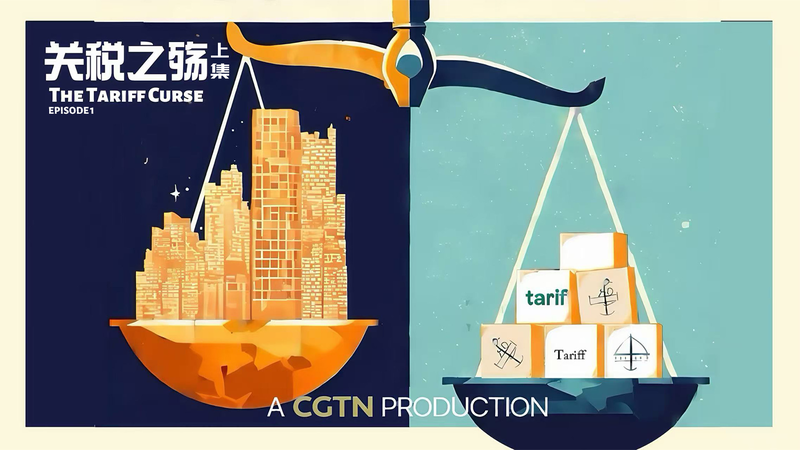On April 2, the United States introduced reciprocal tariffs on major trading partners. Intended to shield domestic industries, the measure has ignited global market turbulence and raised alarms among economists and industry experts alike.
Analysts warn that these tariffs could lead to higher consumer prices and stifle industrial growth. Historical precedents—such as the 1828 Tariff of Abominations that intensified regional conflicts and the 1930 Smoot-Hawley Tariff Act that deepened an economic crisis—remind us how protectionist policies can backfire, triggering long-term downturns.
This development resonates strongly with young global citizens, tech enthusiasts, thought leaders, and business professionals. In today’s interconnected world, even seemingly domestic policy shifts can ripple across international trade, innovation, and everyday consumer experiences.
As discussions evolve, the renewed focus on protectionism serves as a cautionary tale. While defensive trade measures may promise short-term gains, history consistently demonstrates that sustained prosperity depends on open markets and balanced international cooperation.
Reference(s):
U.S. 'reciprocal tariffs' may accelerate American economic downturn
cgtn.com




